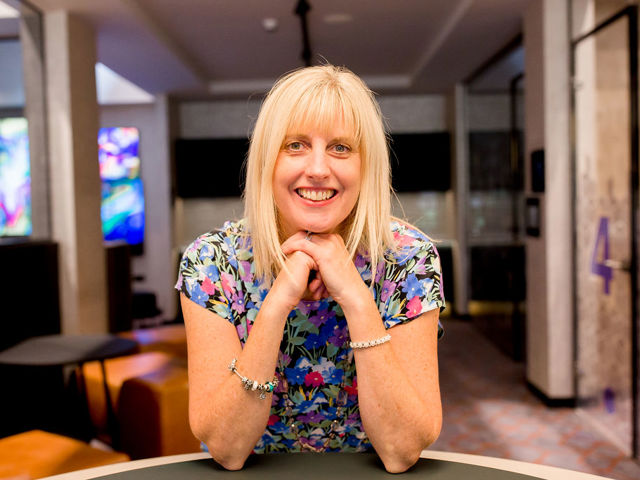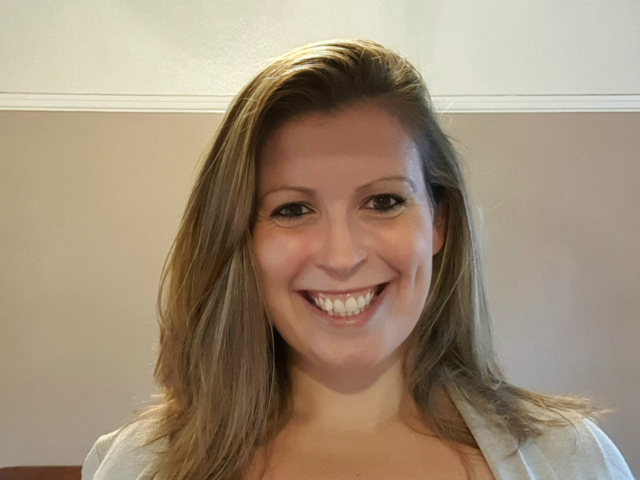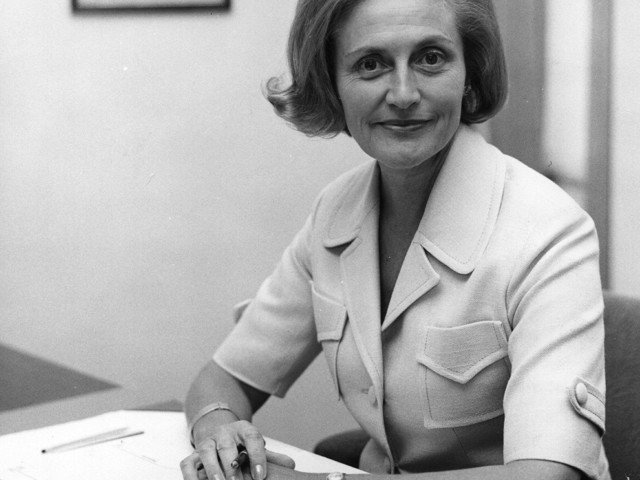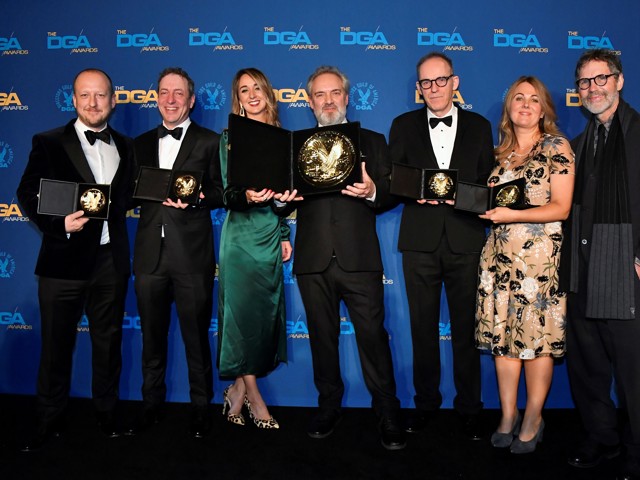Sign up for our Autumn Open Events
Clare Rees-Zimmerman
Junior Research Fellowship in Engineering, Christ Church, University of Oxford
Class of 2014
Tell us a bit about your career after leaving Sheffield Girls’?
I am a chemical engineer by training, completing my undergraduate and PhD degrees at the University of Cambridge. I also undertook a number of industrial summer internships, including in R&D at Procter & Gamble. My PhD research was on the very interesting topic of paint drying…examining how a mixture of differently sized particles self assembles in a thin film as it dries. The industrial relevance is in the development of cheaper and more sustainable materials, as the drying process can be engineered such that expensive components are only located exactly where they are required.
Recognising my research achievements and potential, I was awarded a highly competitive Junior Research Fellowship in Engineering at Christ Church, University of Oxford, which I began in October 2022. This gives a period of up to 4 years to develop an independent research profile, whilst enjoying life as a Fellow at an Oxford college! I have also done some undergraduate teaching both alongside my PhD, and as a Stipendiary Lecturer at Lady Margaret Hall, which is a rewarding break from research – and the students always teach me things, too! I hope also to inspire a younger generation of scientists and engineers, passing on the baton for them to continue to tackle society’s problems in the future.
Why did you decide to take the career path you did? What are you doing now?
For my final year undergraduate project, I was modelling the patterns formed by blood spots during drying. Not as gruesome as it sounds: the project is important for developing accurate paper diagnostics using blood spots. I really enjoyed this taste of research, in an area that will improve people’s quality of life, and so stayed on to do a PhD. Whilst research can be slow, my PhD made a number of exciting discoveries, including discovering a new particle motion at the nanoscale, and explaining why small particles often accumulate at the top surface of drying films. For the latter work, I was awarded the 2023 Institute of Mathematics and its Applications (IMA) Lighthill-Thwaites Prize for applied maths: it was an honour to have my work recognised as interesting applied maths in its own right, whilst my motivation for doing the work was to address a practical engineering problem! In my post-PhD job as a Junior Research Fellow, I am loving the freedom to explore whatever interests me!
Did your education at Sheffield Girls' influence your career?
I was lucky to go to a school with a strong science department. In fact, chemistry, maths and biology were the most popular A level subjects amongst my year group! Sheffield Girls' being an all girls’ school, I was never learning in an atmosphere where it was “uncool” for a girl to study physics and maths.
What advice would you give sixth form pupils at Sheffield Girls’ today?
I had the “problem” of being good at and loving a lot of subjects at school, so found it difficult to decide what to study at university. I now do multidisciplinary research, and when people ask me what I am, could answer: chemical engineer, applied mathematician, chemist, material scientist… and I see that any STEM degree could have given me similar skills, though my chemical engineering degree also gave me an understanding of industrial applications. So I would advise sixth form pupils to not worry if they aren’t sure what the “perfect” option is!
What did Sheffield Girls’ do for you?
Being at Sheffield Girls’ instilled confidence in me: at school I was encouraged to enter competitions and was given many opportunities to perform and present. Confidence is vital for an academic – to revise rejected papers, to apply for extremely competitive fellowships, to speak up in conferences of distinguished academics in male-dominated fields, and to keep trying when your experiments don’t at first work! It turns out that giving a conference presentation is not that different from a violin solo in a school concert. I also received an excellent all-round education, which I greatly appreciate because scientific research is primarily communicated through writing journal articles: it is essential for a scientist to be able to write well.

A Levels: Biology, Chemistry, Physics, Maths, Further Maths, Additional Further Maths, French, Russian & Music.
University: MA MEng Chemical Engineering via Natural Sciences, Trinity College, University of Cambridge;
PhD Chemical Engineering, Trinity College, University of Cambridge




